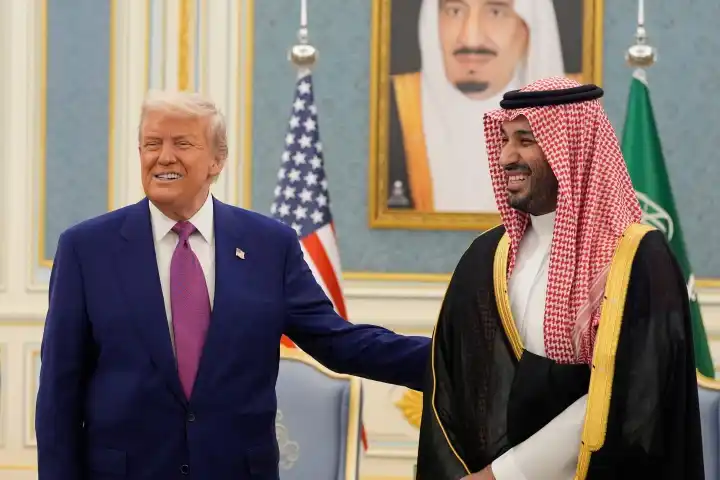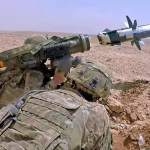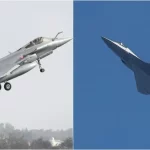In a landmark decision reshaping US defence policy in the Middle East, President Donald Trump has approved the sale of advanced F-35 stealth fighter jets to Saudi Arabia. The announcement marks a dramatic shift in Washington’s long-standing approach to transferring high-end military technology to Arab nations and underscores a deepening strategic partnership between the United States and the Kingdom.
The decision comes just ahead of Saudi Crown Prince Mohammed bin Salman’s scheduled visit to the White House—his first in more than seven years—highlighting the strengthening military and diplomatic ties between the two nations.
A Strategic Break from Past Policy
Until now, Israel has been the only country in the Middle East authorised to operate the F-35, as part of America’s commitment to preserving Israel’s qualitative military edge. Trump’s approval represents a significant departure from this doctrine, suggesting a broader US strategy aimed at securing Saudi cooperation on regional stabilisation efforts, including possible steps toward future Saudi–Israel normalisation.
President Trump called Saudi Arabia a “great ally” and emphasised its critical role in countering regional threats, particularly those posed by Iran and its proxy groups. The move comes after a series of missile and drone attacks on the Kingdom raised questions about the adequacy of its existing air defences.
What the F-35 Sale Means for Saudi Arabia
The F-35 Lightning II, developed by Lockheed Martin, is the world’s most advanced fifth-generation fighter, featuring:
- Stealth capability
- High-end sensor fusion
- Advanced electronic warfare systems
- Precision-strike weapons
- Real-time battlefield networking
Its induction would represent a monumental leap in Saudi Arabia’s air power and military modernisation under Vision 2030.
Alongside the aircraft sale, the deal is expected to include an executive order offering US military protection guarantees to Saudi Arabia—similar to those extended to Qatar—although these remain policy-based and can be revised by future administrations.
US Domestic Concerns and Strategic Calculations
The approval has drawn mixed reactions within Washington. Some officials expressed concerns over the risk of sensitive US technology potentially being exposed to China due to Saudi links with Chinese defence and cyber infrastructure. Human rights concerns and Saudi involvement in regional conflicts also continue to draw criticism from lawmakers.
Despite this, the Trump administration proceeded with the sale, citing the Kingdom’s strategic importance and the need to bolster regional balance against Iran.
More Agreements Expected During MBS Visit
Crown Prince Mohammed bin Salman’s US visit is likely to bring additional high-value announcements, including:
- Major Saudi investments in US artificial intelligence infrastructure
- Enhanced cooperation on civilian nuclear energy
- Expanded defence and intelligence partnerships
A Pivotal Moment for US–Saudi Relations
Trump’s approval of the F-35 sale marks one of the most consequential shifts in US arms export policy to the Middle East in recent years. It strengthens Saudi Arabia’s role as a key US security partner and aligns with Washington’s broader goal of maintaining strategic dominance across the region amid intensifying geopolitical competition.
While the move is expected to boost Saudi capabilities significantly, it also introduces new diplomatic, security, and regional balance considerations that will shape Middle Eastern geopolitics for years to come.













